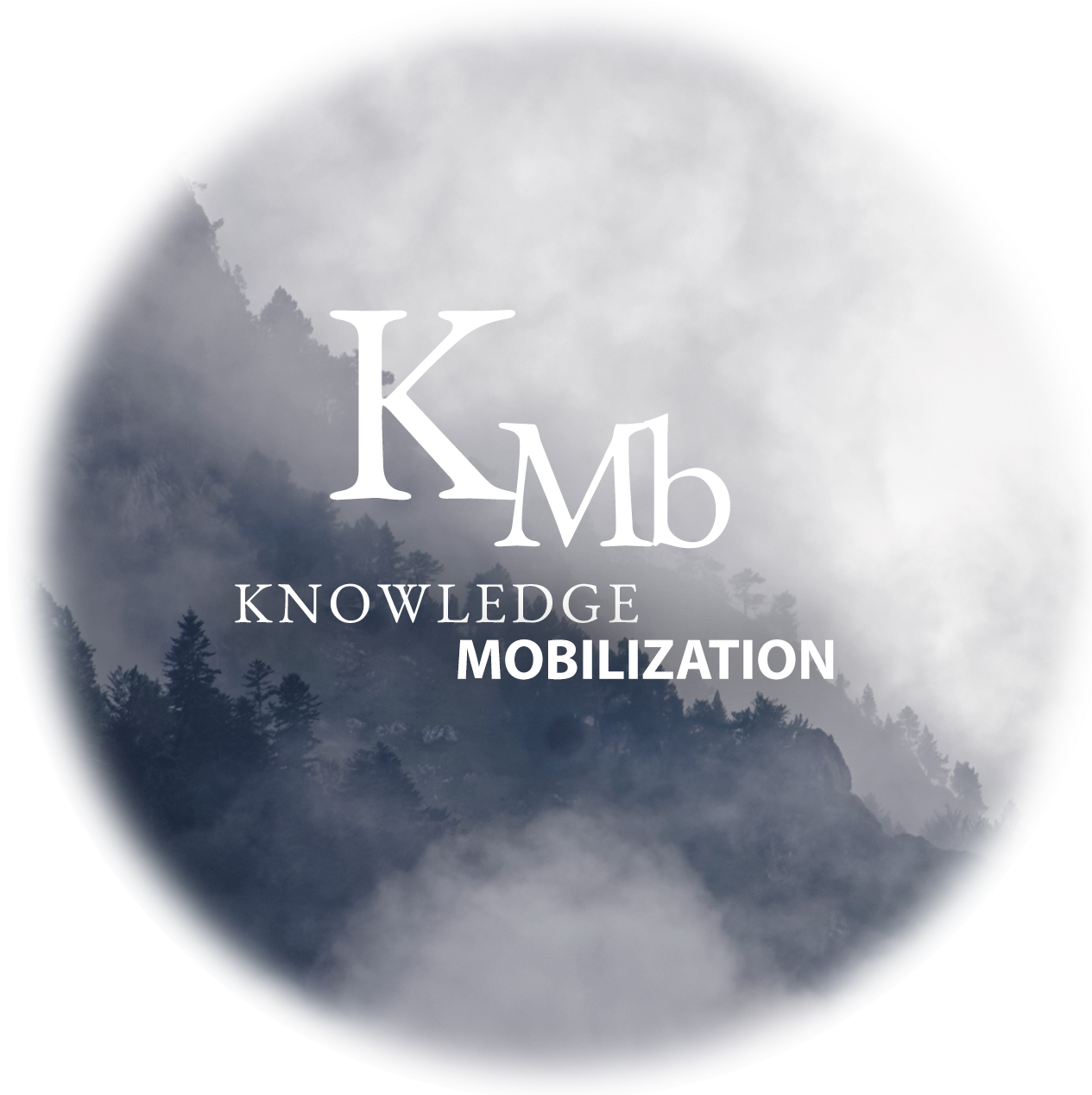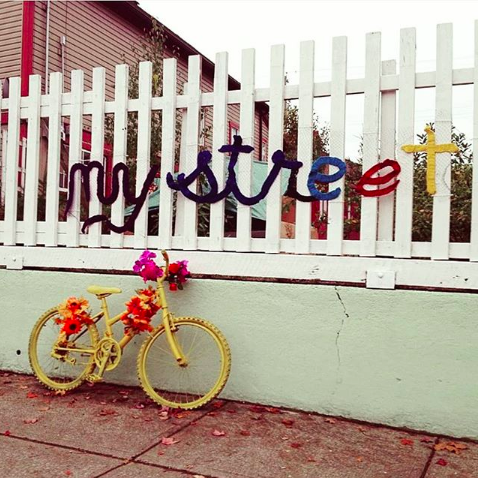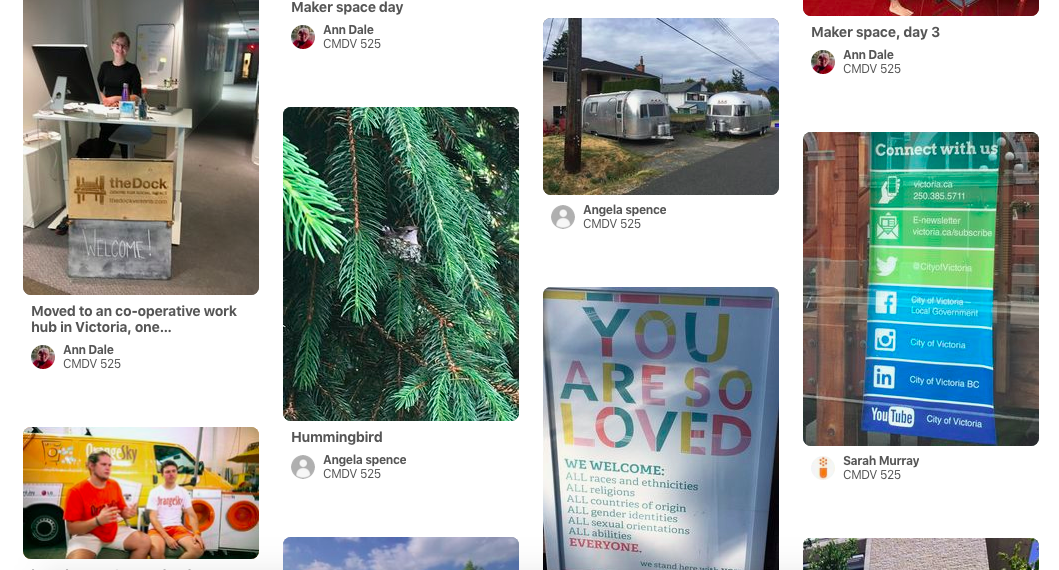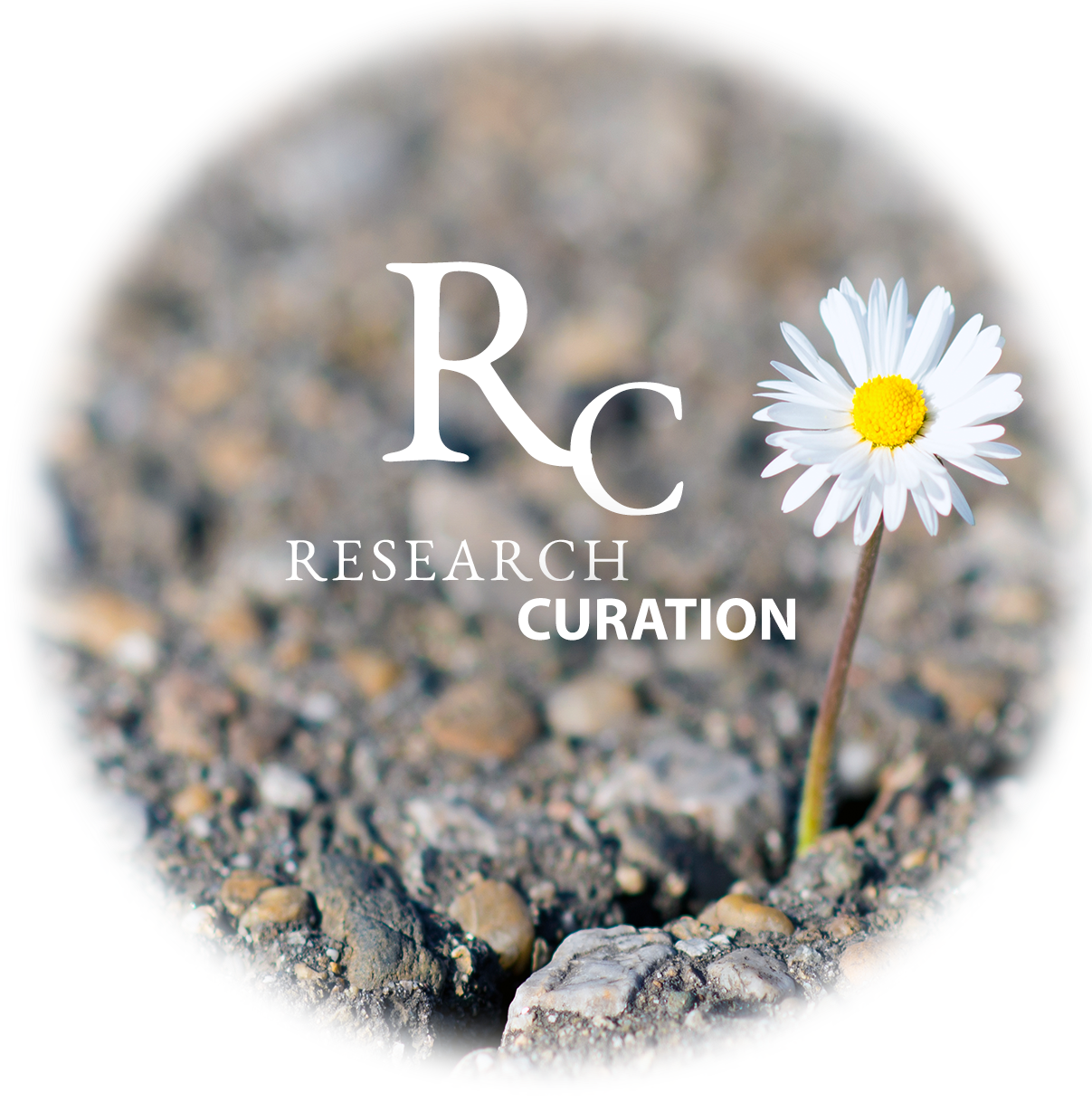 WHAT IS KNOWLEDGE MOBILIZATION?
WHAT IS KNOWLEDGE MOBILIZATION?
Knowledge Mobilization (KMb) is the act of translating formal research knowledge and outcomes into useful knowledge for the public sphere, ideally leading to social change. It does so by bridging the gap between subject experts and researchers with policy-makers and practitioners, creating a reciprocal flow in the uptake of information. KMb includes knowledge synthesis, dissemination, transfer, exchange, and co-creation or co-production by researchers and knowledge users (SSHRC, 2017). We use a variety of online channels to disseminate and mobilize our research outcomes to the public. Learn more below.
SOCIAL MEDIA
We are currently exploring how integrating social media into the research process can generate more timely dissemination to enhance knowledge mobilization practices. Our goal is to mobilize research as it is being produced on the ground, thereby shortening the time lag of the take-up of knowledge. Platforms such as Twitter and Instagram, offer dynamic and fast-paced communication channels that are ideal for sharing research in real time. To reach diverse audiences, our social media toolkit includes Facebook, Twitter, Instagram, Pinterest, and our YouTube channel, HEAD Talks. By using different social media channels to communicate our academic research, we hope to open up different ways to include far-reaching audiences.
 Social media channels include blogs posts, publications, reports, data visualizations, e-Dialogue conversations, case studies, and videos. We also curate news content, research projects, and other initiatives that highlight innovations happening on the ground in Canada and around the world. Our content integrates visual mediums into the communication process since photography, art, visualizations, and videos help connect viewers on a more visceral and emotional level.
Social media channels include blogs posts, publications, reports, data visualizations, e-Dialogue conversations, case studies, and videos. We also curate news content, research projects, and other initiatives that highlight innovations happening on the ground in Canada and around the world. Our content integrates visual mediums into the communication process since photography, art, visualizations, and videos help connect viewers on a more visceral and emotional level.
By integrating online communications practices into our research process, our goal is to mobilize knowledge more widely among diverse Canadians, enhance civic literacy around critical social issues, foster deeper connections to knowledge, and bridge existing polarized debates leading to greater social learning about more sustainable paths forward.
 CRC RESEARCH BLOG: VIEWS FROM THE EDGE
CRC RESEARCH BLOG: VIEWS FROM THE EDGE
We discuss bleeding edge issues around sustainable community development on Views from the Edge. The term ‘bleeding edge’ connotes the idea of our failure to somehow or other convince the public about the urgency of responding to climate change now, and that we need to better communicate the principles and practices of sustainable development to the wider public. So, yes it takes courage to be 'at the edge', and sometimes one 'bleeds' a lot, but let's start the critical conversations now.
Click here to view the blog archive.
STUDENT PINTEREST BOARDS
As part of the coursework in Professor Dale’s classes, students collaboratively contribute to group Pinterest boards during the duration of their residencies. They are encouraged to pin relevant articles, books, news stories, personal photographs, and projects. These spaces function both as a visual representation of their learning but also as a living library of resources, websites, and other material shared during their course.
Click here, to view the Pinterest board curated by students from the 2017 Certificate in Sustainable Community Development cohort.

 RESEARCH CURATION
RESEARCH CURATION
CRC Research is currently experimenting with and developing the new practice of research curation as part of a Social Science and Humanities Research Council (SSHRC) Insight Development Grant awarded in 2017. We are exploring best practices for mobilizing research outcomes to broad audiences via dynamic online platforms. The integration of new curatorial research practices including the extensive use of social media channels is critical for knowledge mobilization and transfer thereby contributing to civic literacy. Not only does it enhance accessibility and context, it also adds meaning to research outcomes by adopting elements of contemporary curatorial practice into the dissemination process.
Research curation considers what connects users to knowledge by establishing multiple points of entry across social media and blogging platforms, and emphasizes visual communication through data visualization, art, and imagery. All these factors help mobilize research as it is being produced on the ground, ideally shortening time lags and accelerating the adoption of best practices. Our objectives are to disseminate research more widely to diverse Canadians, enhance civic literacy around critical social issues, foster deeper connections to knowledge, enlarge the space for public dialogue, ideally leading to enhanced social learning.
Click here to learn more about the project.
CHANGING THE CONVERSATION
"The secret of change is to focus all of your energy, not on fighting the old, but on building the new."
— Socrates
Changing the conversation is a collaborative space to join or start a conversation aimed at re-enlarging public space and re-engaging different generations in virtual real-time online synchronous e-Dialogues. It is an experimental opportunity to rethink and reframe modern day challenges relevant to Canadian communities, to co-create innovative and scalable solutions. Governed by the principles of Socratic dialogue, this space hosts virtual real-time e-Dialogues and leads virtual peer-to-peer learning exchanges. It is also a repository for learning, best practices, tools, and methodologies.
Visit the website today to learn more.
